- Jul 2, 2018
- 3,039
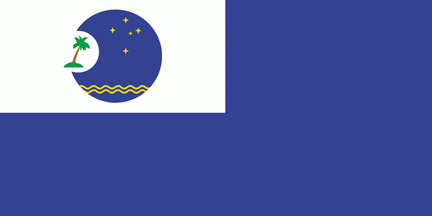 |  |
Overview |
| Seat of Secretariat: |  Brisbane, Australia Brisbane, Australia |
| Forum Chair (Annual Rotation): | 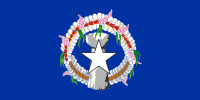 Northern Mariana Islands Northern Mariana Islands |
| Secretary General: |  Greg Urwin Greg Urwin |
| Member States: | See Below |
Observers: |
|
Member States |
| Arms: | Flag: | State: | Population: | Capital: | Largest City: | Representative: |
|---|---|---|---|---|---|---|
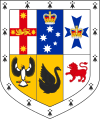 |  | Commonwealth of Australia | 24,898,156 | Canberra | Sydney | Prime Minister of Australia The Honourable Julia Gillard, MP |
 |  | New Zealand | 4,993,923 | Wellington | Auckland | Prime Minister of New Zealand The Right Honourable Helen Clark, MP |
 | 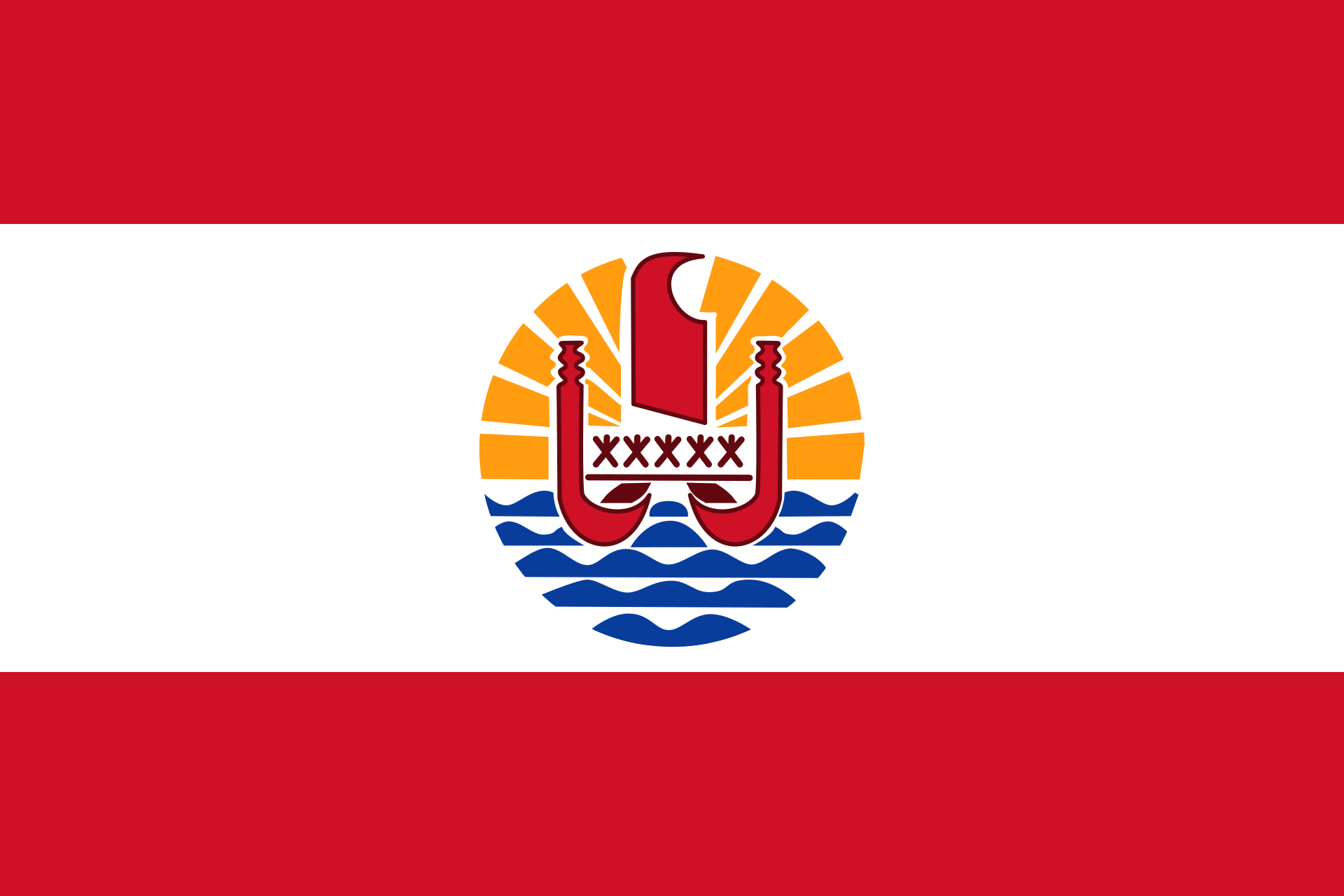 | French Polynesia | 275,918 | Papeete | Fa'a'ā | President of French Polynesia Gaston Flosse |
 |  | New Caledonia | 271,407 | Nouméa | Nouméa | President of the Government of New Caledonia Pierre Frogier |
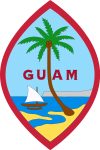 |  | Guam | 165,768 | Agana | Dededo | Governor of Guam Felix J. Perez Camacho |
 |  | Commonwealth of the Northern Mariana Islands | 56,882 | Saipan | Saipan | Governor of the Northern Mariana Islands Juan Babauta |
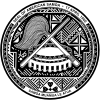 |  | American Samoa | 55,465 | Pago Pago | Pago Pago | Governor of American Samoa Togiola Tulafono |
 |  | Cook Islands | 15,040 | Avarua | Avarua | Prime Minister of the Cook Islands Robert Woonton |
 | Territory of the Wallis and Futuna Islands | 11,558 | Matā'Utu | Matā'Utu | Administrator Superior of Wallis and Futuna Christian Job | |
 |  | Territory of Norfolk Island | 2,302 | Kingston | Burnt Pine | Chief Minister of Norfolk Island The Honourable Lisle Snell, MLA |
 |  | Niue | 1,681 | Alofi | Alofi | Premier of Niue Young Vivian |
 |  | Tokelau | 1,499 | Fakaofo | Atafu | Ulu-o-Tokelau Patuki Isaako |
 |  | Pitcairn, Henderson, Ducie and Oeno Islands | 47 | Adamstown | Adamstown | Governor of Pitcairn Richard Fell |
Treaties and Agreements |
|
Organisations and Specialised Agencies |
| Logo: | Organisation: | Headquarters: | Head: |
|---|---|---|---|
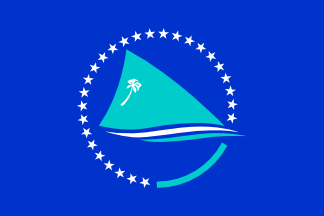 | South Pacific Commission |  Sydney, Australia Sydney, Australia |  Robert B. Dun Robert B. Dun |
| South Pacific Forum Fisheries Agency | TBD | Vacant | |
 | South Pacific Line | TBD | Vacant |
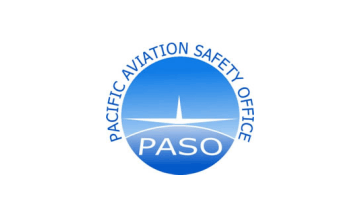 | Pacific Aviation Safety Office | TBD | Vacant |
 | South Pacific Tourism Organisation | TBD | Vacant |
| South Pacific Regional Environment Programme | TBD | Vacant | |
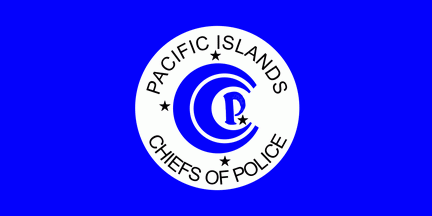 | South Pacific Chiefs of Police Conference | TBD | Vacant |
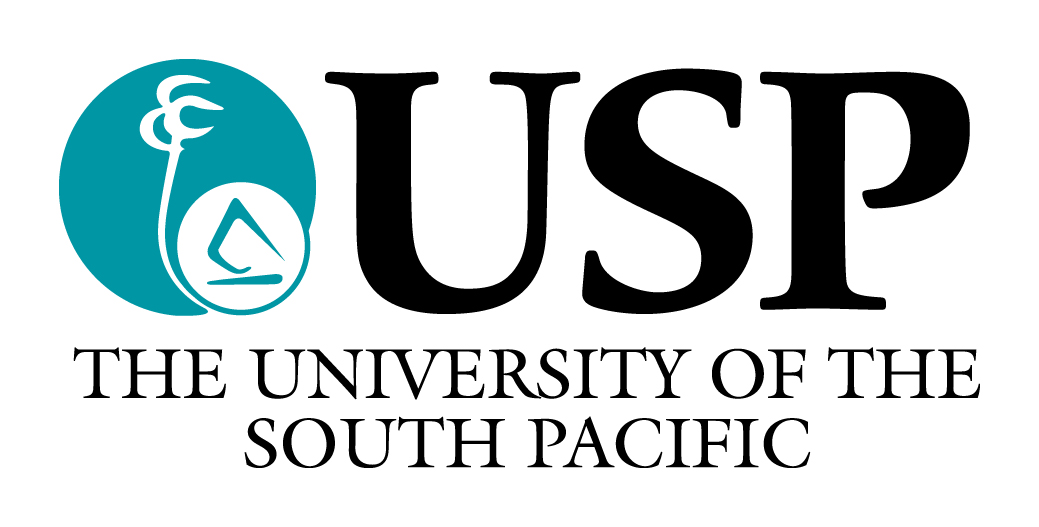 | University of the South Pacific | TBD | Vacant |
 | South Pacific Games Council | TBD | Vacant |
Last edited:



 France
France United Kingdom
United Kingdom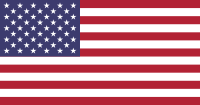 United States
United States